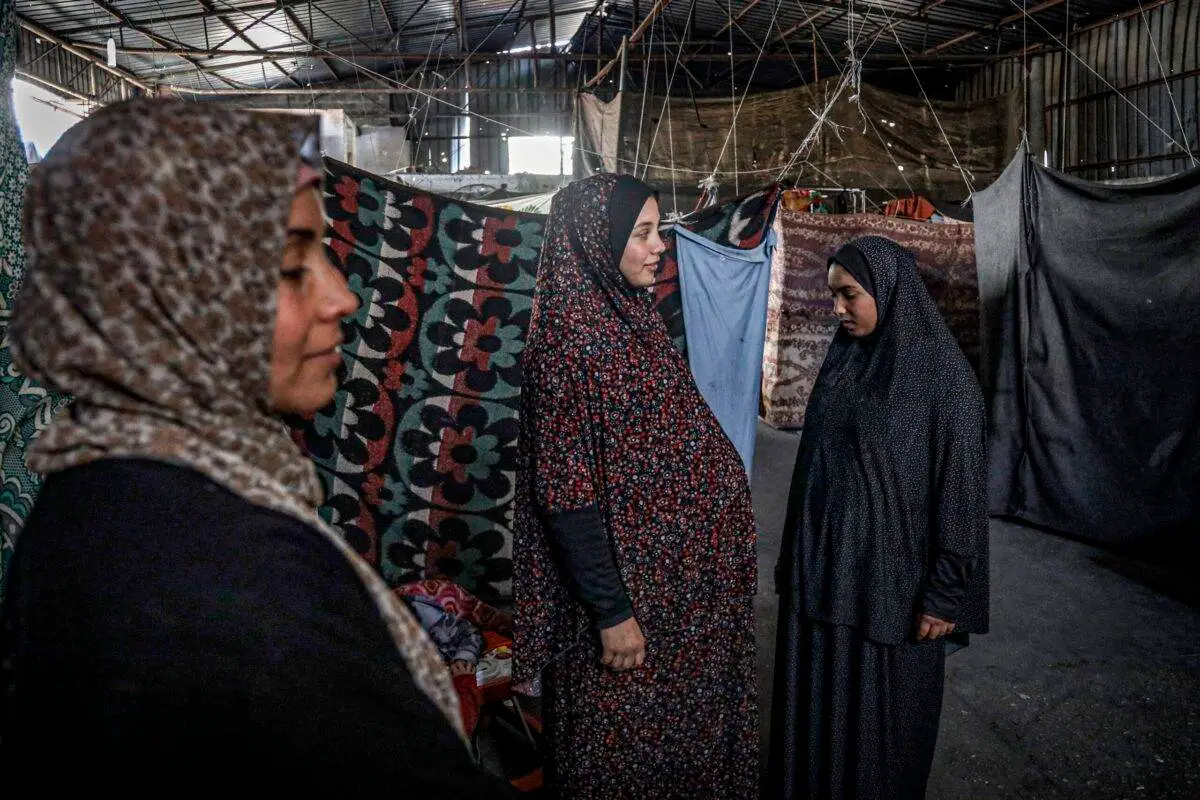As the ongoing conflict in Gaza continues to exacerbate the humanitarian crisis, pregnant and breastfeeding women find themselves at the forefront of a malnutrition epidemic that threatens both their health and that of their infants. Recent reports indicate that a staggering 90% of these women are facing malnutrition, which raises alarm bells for healthcare professionals and humanitarian organizations alike.
The implications of such high rates of malnutrition are profound, as they not only affect maternal health but also jeopardize the developmental outcomes for newborns. Nutrition is critical during pregnancy and lactation, as it directly influences the health of both mother and child. Malnutrition can lead to complications such as low birth weight and weakened immune systems, putting infants at greater risk for diseases.
High rates of malnutrition threaten maternal health and newborn development, increasing risks of low birth weight and disease susceptibility.
Dr. Hana Al-Masri, a local health expert, stated, “When mothers do not receive adequate nutrition, it is their infants who suffer the most. We are witnessing an alarming trend that could lead to long-term consequences for an entire generation.” With limited access to food supplies, clean water, and healthcare, pregnant and breastfeeding women are maneuvering a precarious situation.
The blockade and ongoing violence in the region have severely compromised food security. Many families are unable to afford basic necessities, let alone nutritious foods rich in vitamins and minerals essential for pregnant and breastfeeding women. A survey conducted by humanitarian agencies found that many women resort to eating less nutritious foods, which exacerbates the cycle of malnutrition.
“I can’t find fruits or vegetables; it’s mostly bread and rice,” lamented Fatima, a mother of two, highlighting the desperate circumstances faced by families in Gaza.
Moreover, the psychological toll of conflict and displacement adds another layer of complexity to the malnutrition crisis. Stress and trauma can affect a mother’s ability to produce milk, further challenging breastfeeding efforts. Mental health support remains critically low, and many women find themselves isolated and fearful, unable to access the resources they desperately need.
The impact of this crisis extends beyond the immediate health of mothers and infants; it threatens the very fabric of society, as a malnourished population is less likely to thrive in the future.














